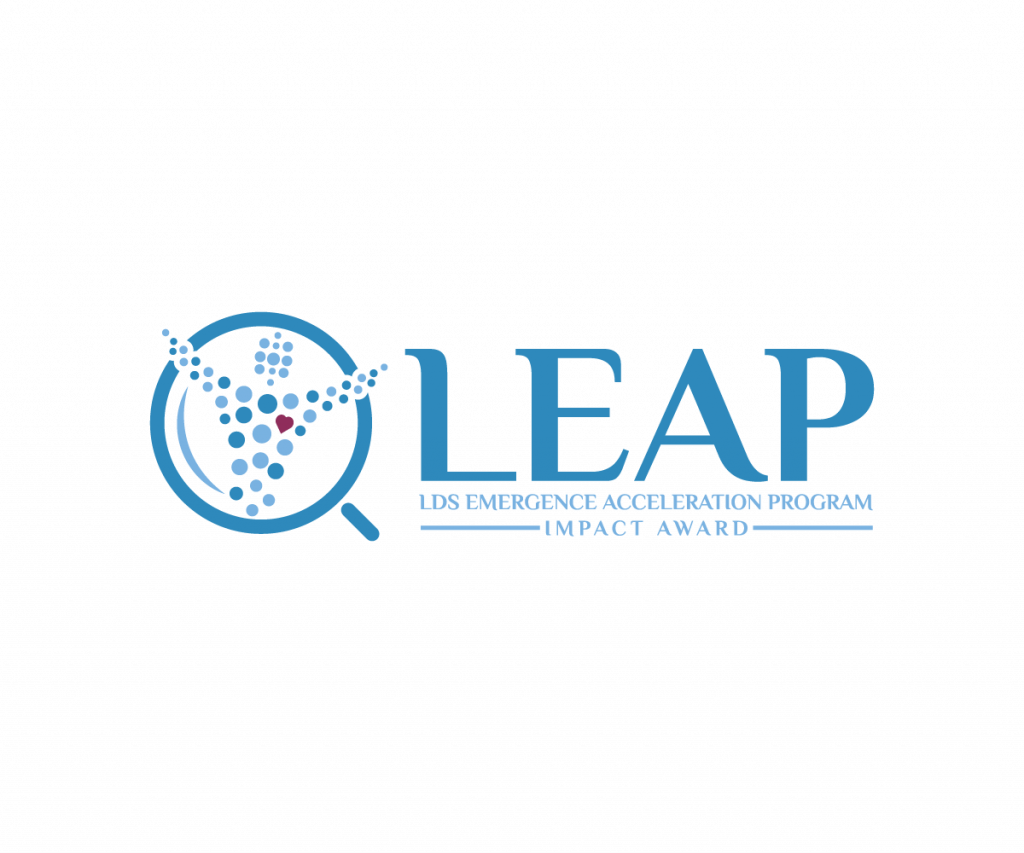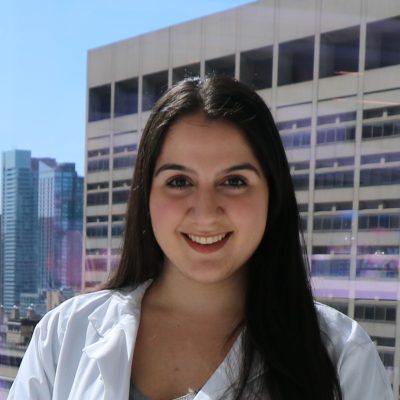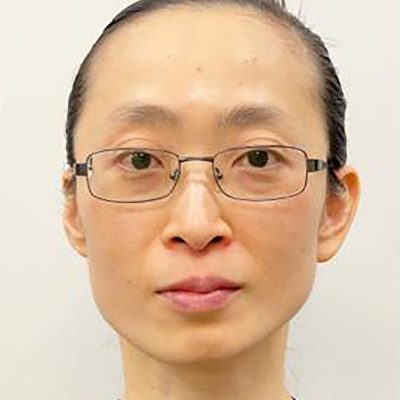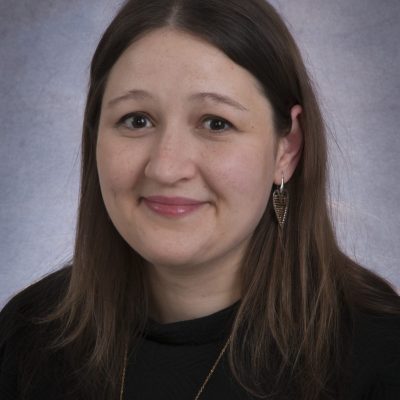Loeys-Dietz Syndrome & Researchers
The Loeys-Dietz Syndrome Foundation Canada supports and funds innovative research initiatives related to Loeys-Dietz syndrome (LDS) and similar conditions.
The Foundation supports researchers through a research database, a new Canadian registry, and research funding in Canada and internationally.
CANadian Aortopathy and Connective Tissue (CAN-ACT) Registry
We are proud to be founding members of the CANadian Aortopathy and Connective Tissue (CAN-ACT) Registry. Our partners include the Canadian Congenital & Pediatric Cardiodology Research Network, McGill University Health Centre, Dr. Frédéric Dallaire, Dr. Tiscar Cavallé-Garrido, Dr. Tim Bradley, and Dr Gregor Andelfinger.
This is the first Canadian registry for people with hereditary aortopathies and connective tissue disorders like Loeys-Dietz syndrome. The registry will be a secure, centralized collection of patient health data, including information on an individual’s genetics, cardiovascular and other symptoms, imaging, and medication. Centralized patient information can help investigators identify research themes, foster collaborative research, and improve patient quality of life and longevity.
If you are an investigator or clinician at an institution interested in contributing to the registry, please contact us.
Research Funding Opportunities in Canada and Internationally
LEAP Impact Award
The LDS Emergence Acceleration Program (LEAP) Impact Award provides investigators with a seed funding grant of $25,000 USD, leadership development coaching, and access to the Foundation’s global network of resources.
The Foundation aims to identify, fund, and support investigators in order to encourage them to take a leap into Loeys-Dietz syndrome research. The LEAP Impact Award promotes research into LDS and related connective tissue and heritable aortic disorders, and supports LDS researchers as they progress to receiving larger grants and creating greater impacts.
To receive updates about the next LEAP Impact Awards, subscribe to our newsletter.

2022 LEAP Impact Award Recipients
Congratulations to the 2022 LEAP Impact Awards recipients: Nairy Khodabakhshian, Dr. Pei-Yu Chen, Dr. Michelle Keir, and Dr. Gauri Karur! They are investigating an exciting range of topics related to Loeys-Dietz syndrome: the effects of exercise in children, the biology behind bone malformation, the psychological and socioeconomic impacts of illness, and the imaging biomarkers of cardiac health.

Vascular and Ventricular Responses to Exercise in Pediatric Loeys-Dietz and Marfan Syndrome
Nairy Khodabakhshian and her team have previously shown that observing the heart and vasculature during exercise can reveal abnormalities that were not visible at rest. Now, they will observe the vascular and ventricular properties of pediatric LDS and Marfan syndrome participants at rest and during exercise. This study will provide new insights into how exercise impacts the cardiovascular system of children with Loeys-Dietz and Marfan syndrome.

Molecular biology of bone malformation in Loeys-Dietz syndrome
Dr. Pei-Yu Chen and her Co-PI are using a mouse model to better define the sequence of events that leads to bone problems in Loeys-Dietz syndrome. They are examining cells that are important for making and repairing skeletal tissues. They are looking to answer the question, “Why do these cells fail to produce good quality bone, cartilage and connective tissue?”

Heritable Thoracic Aortic Disorders: Psychological and Socioeconomic Burden of Living with an Invisible Illness. A Pilot Study
Dr. Michelle Keir will measure the psychological impact and quantify the socioeconomic status of living with a Heritable Thoracic Aortic Disorder. The goal of this project is to, first, understand the experience of patients living with Heritable Thoracic Aortic Disorders and, second, provide recommendations to both health care teams and policy-makers to better serve this population.

Cardiac Magnetic Resonance Imaging Biomarkers of Myocardial Fibrosis in Loeys-Dietz Syndrome and Association with Mitral Valve Abnormalities: A Pilot Study
Dr. Gauri Karur and her team will use Cardiac Magnetic Resonance Imaging to evaluate heart muscle health in Loeys-Dietz Syndrome patients. Specifically, they will look for the extent of injury in patients with heart valve abnormalities. This work will lay the groundwork for larger studies to be conducted to help early diagnosis, facilitate optimal treatment and identify patients who are at a high risk for heart rhythm disturbances or other complications.
Global Research Inventory Program (GRIP)
The Global Research Inventory Program (GRIP) is a one-of-a-kind inventory of published Loeys-Dietz syndrome research. Our global database hosts over 1300 relevant, categorized research articles as well as information on the articles’ investigators.
If you are an investigator or clinician looking for published Loeys-Dietz syndrome research, please contact us.
